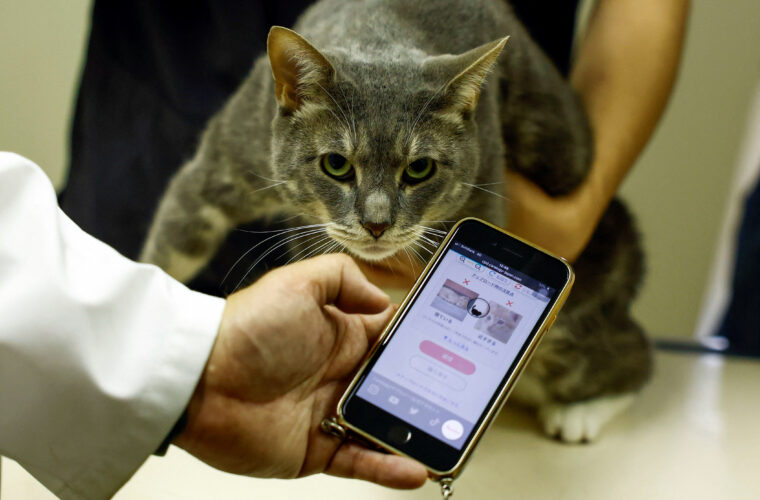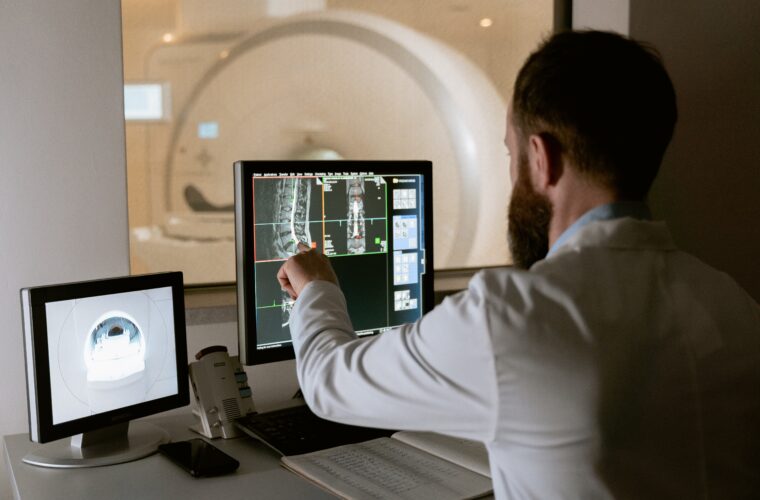Scientists are in front of a medical breakthrough as a new vaccine is thought to be able to prevent Alzheimer’s disease. According to the scientific community, the vaccine in question “could reduce or prevent” the effects of the disease and “eliminate the toxic cells”. A new vaccine that targets inflamed brain cells associated with Alzheimer’s disease may hold the key to potentially preventing or modifying the course of the disease, according to preliminary research presented at the Basic Cardiovascular Sciences conference of the American Heart Association, hosted in Boston. Researchers at the Judendo University School of Medicine in Tokyo, Japan developed a vaccine that improved several age-related diseases in mice, including atherosclerosis and type 2 diabetes.
Based on the findings of their studies, the researchers tested this vaccine in mice to treat Alzheimer’s disease. The vaccine significantly reduced amyloid deposits in brain tissue located in the area of the cerebral cortex, which is responsible for language processing, attention, and problem-solving. At the same time, the vaccine reduced various inflammatory biomarkers of Alzheimer’s disease, indicating an improvement in brain inflammation. A behavioral test on the mice further revealed that those that received the vaccine responded significantly better to their environment and tended to behave like normal healthy mice than those that received a placebo vaccine.

Alzheimer’s: The future challenge
“Alzheimer’s disease now accounts for 50-70% of dementia patients worldwide. Testing our study’s new vaccine in mice points to a possible way to prevent or modify the disease. The future challenge will be to achieve similar results in humans,” says lead study author and postdoctoral fellow in Juntendo University’s Department of Cardiovascular Biology and Medicine, Chien-Lun Hsiao. He adds that “if the vaccine proves successful in humans it will be a big step forward in delaying the progression of the disease or even preventing this disease.”
According to data from the American Heart Association, about 3.7 million Americans age 30 and older had Alzheimer’s disease in 2017. Experts project that the number will rise to 9.3 million by 2060. Worldwide, nearly 50 million people suffer from Alzheimer’s or a similar type of dementia. Every year, experts record almost 10 million new cases.

Technologies that contribute positively
Living with Alzheimer’s disease is not easy, both for the person with the disease and their family and caregivers. With the advancement of technology, new practices, and innovative devices can now facilitate the care of Alzheimer’s patients to provide them with quality care and better living conditions.
Smartwatches
Smartwatches designed specifically for Alzheimer’s disease are practical gadgets for everyday use. Worn by the patient, they are smart watches that help to position oneself in time and distinguish between day and night. They can also help with taking medication.
Tracking devices and GPS
People with Alzheimer’s disease tend to get lost more often. Tracking devices are systems that ensure patient safety. They can provide the alert and allow caregivers or family to find the patient if lost. Among other things, they can locate the person in real-time.
Electrical device monitoring systems
Patients who might sometimes be alone without their carers or relatives can use these devices. Manufacturers design these small devices for wall mounting, and patients can use them to signal if they’ve forgotten to turn an electrical device on or off.
Robotic assistants
Robotic assistants are designed to perform daily repetitive tasks to assist caregivers in caring for patients. They are not there to replace humans but can perform certain tasks when caregivers are busy or absent from time to time.



